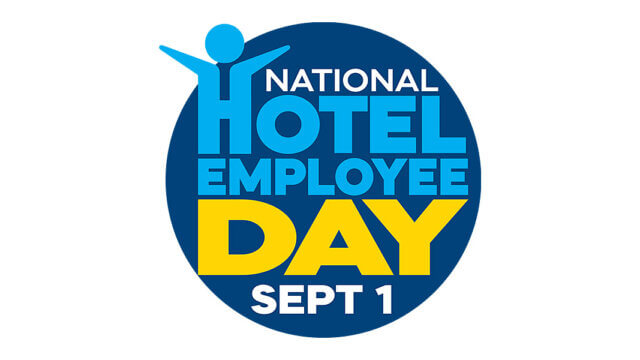WASHINGTON—Congress has passed a $484-billion measure that provides additional money to replenish funding for the Paycheck Protection Program, which ran out less than two weeks after the program’s initial launch. The legislation also provides funding for hospitals, coronavirus testing and Economic Injury Disaster Loans, among other things.
AAHOA President & CEO Cecil P. Staton issued the following statement regarding the Paycheck Protection Program and Health Care Enhancement Act: “America’s hotel owners are grateful for our government’s swift action to appropriate additional funds for the Economic Injury Disaster Loan Program and the Paycheck Protection Program. However, we are concerned that these measures do not go far enough to blunt the impact this economic crisis is having on the hospitality sector of the economy. The formula for determining the maximum PPP loan amount still does not provide hotel owners with enough liquidity to weather this storm. On average, PPP loans only cover about 47% of a hotel’s operating costs. With many hotels’ occupancy rates hovering around the single digits, owners are struggling to keep their doors open. The stimulus also does not address the reality that this crisis will not be over in a matter of weeks. That is why we continue to call on Congress to extend PPP through the end of 2020. We also encourage policymakers to give more consideration to a business’s debt obligations, such as mortgages, as they formulate relief loans and determine how they can be spent.
“Hotels are a signal industry,” he continued. “Hotel owners and their employees felt the impact of the COVID-19 pandemic at its onset as occupancy rates and revenue declined steeply. Public caution and conflicting messages from government officials about reopening will mean a slow return to travel, tourism, conventions and meetings. This means that hotels will be one of the last industries to recover. Without targeted and meaningful support, policymakers run the risk that thousands of hotels and the millions of jobs they create may not be around when the recovery from this pandemic begins.”




